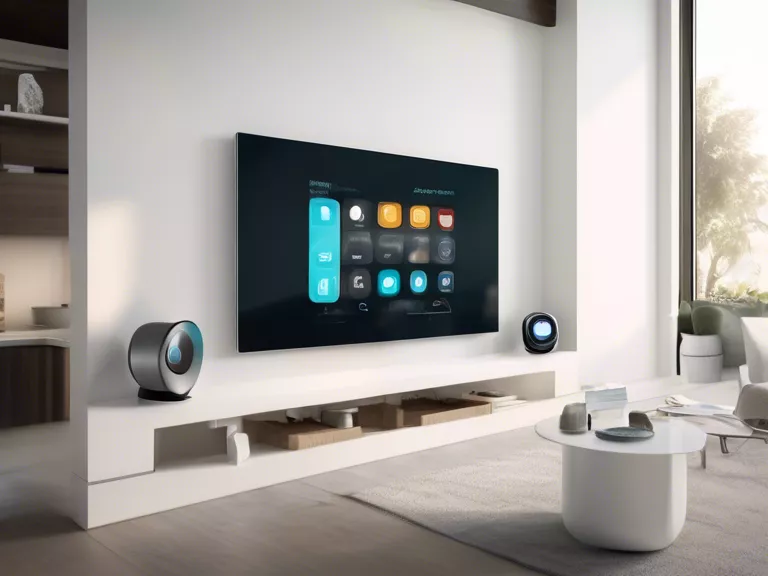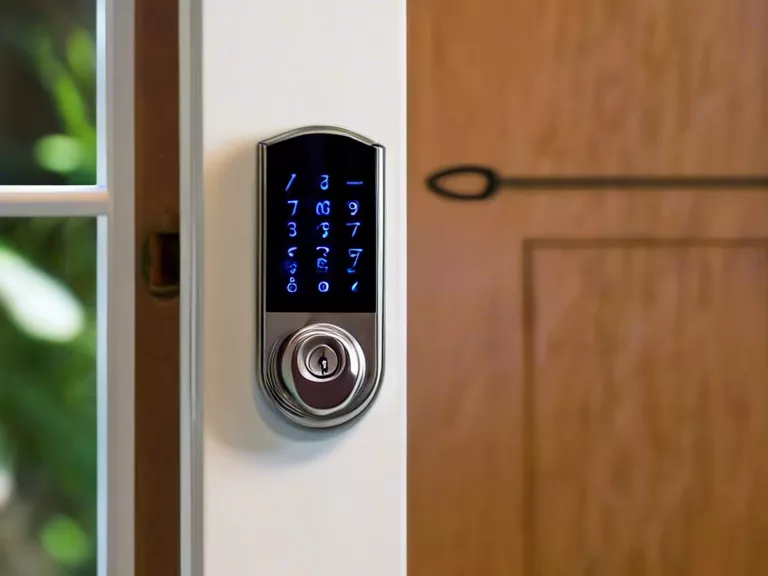
Smart lighting systems have the potential to significantly reduce energy consumption and carbon emissions in various settings. These systems utilize advanced technologies such as sensors, timers, and connectivity to optimize lighting usage and minimize wastage. In this article, we will explore the impact of smart lighting systems on energy efficiency and the environment.
One of the key benefits of smart lighting systems is their ability to automatically adjust lighting levels based on occupancy and natural light availability. This dynamic control ensures that lights are only used when needed, reducing energy consumption during periods of low activity or daylight. By using sensors to detect motion or ambient light levels, smart lighting systems can deliver substantial energy savings without compromising lighting quality or convenience.
Furthermore, smart lighting systems can be programmed to operate on schedules or timers, aligning with occupancy patterns and user preferences. By implementing intelligent control strategies, such as dimming or zoning, these systems can further optimize energy usage and reduce electricity bills. Additionally, the ability to remotely monitor and manage lighting systems through mobile devices or centralized platforms enables real-time adjustments and energy-saving opportunities.
The environmental impact of smart lighting systems extends beyond energy efficiency. By reducing energy consumption, these systems contribute to lower greenhouse gas emissions and decreased dependency on fossil fuels. With the growing emphasis on sustainability and climate change mitigation, smart lighting plays a crucial role in promoting eco-friendly practices and reducing the carbon footprint of buildings and infrastructure.
In conclusion, smart lighting systems offer a valuable solution for reducing energy consumption and promoting sustainability. By leveraging advanced technologies and control mechanisms, these systems enhance lighting efficiency, lower operational costs, and support environmental conservation efforts. As the demand for energy-efficient solutions continues to rise, smart lighting systems stand out as a smart choice for optimizing energy usage and achieving long-term sustainability goals.



